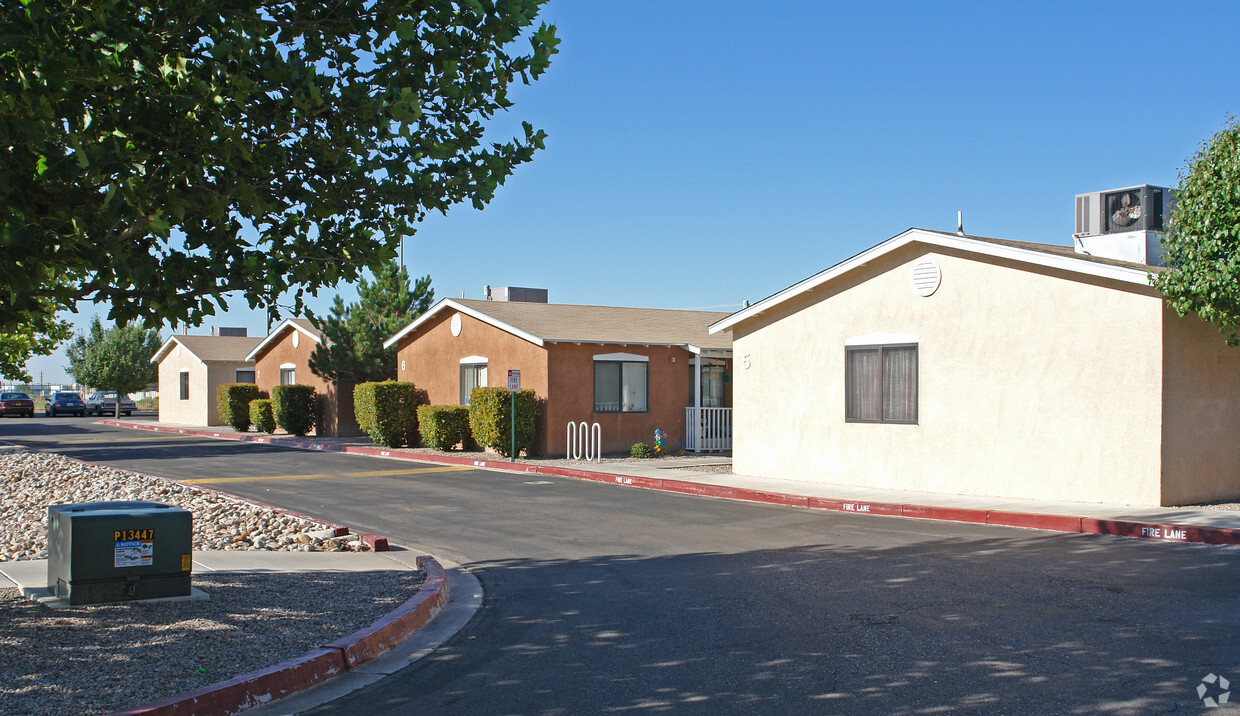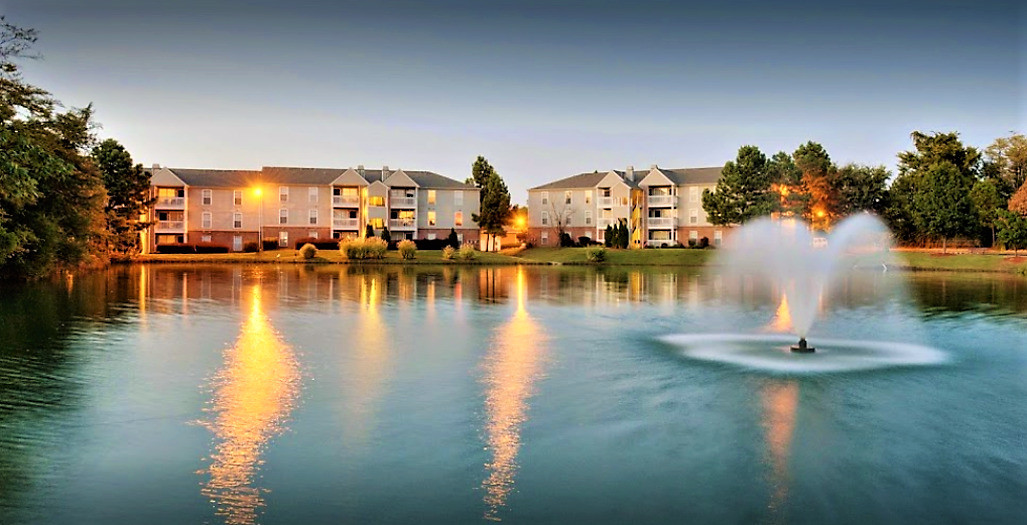Table of Content
Wilson believed that scientific progress was the key to economic and social advancement, as such he famously referred to the "white heat of technology", in reference to the modernisation of British industry. This was to be achieved through a new Ministry of Technology (shortened to "Mintech") which would coordinate research and development and support the swift adoption of new technology by industry, aided by government-funded infrastructure improvements. Wilson had never made much secret that his support of the left-wing Aneurin Bevan was opportunistic. In early 1954, Bevan resigned from the Shadow Cabinet over Labour's support for the setting-up of the Southeast Asia Treaty Organization . Wilson, who had been runner-up in the elections, stepped up to fill the vacant place. He was supported in this by Richard Crossman, but his actions angered Bevan and the other Bevanites.
Ultimately, however, the election saw Labour's vote share fall to its lowest since 1935. Several prominent Labour figures lost their seats, notably George Brown who was still Deputy Leader of the Labour Party. Among the more challenging political dilemmas Wilson faced was the issue of British membership of the European Community, the forerunner of the present European Union. An entry attempt was vetoed in 1963 by French President Charles de Gaulle. The Labour Party in Opposition had been divided on the issue, with Hugh Gaitskell having come out in 1962 in opposition to Britain joining the European Community.
Who were the victims of Harold Shipman and how many murders was he convicted of?
Along with neighbouring new development Callaghan Drive , it formed part of a large housing estate developed since the 1960s where all streets were named after former prime ministers or senior parliamentary figures. On the BBC television programme The Plot Against Harold Wilson, broadcast on 16 March 2006 on BBC2, it was claimed there were threats of a coup d'état against the Wilson government, which were corroborated by leading figures of the time on both the left and the right. Wilson told two BBC journalists, Barrie Penrose and Roger Courtiour, who recorded the meetings on a cassette tape recorder, that he feared he was being undermined by MI5. The first time was in the late 1960s after the Wilson Government devalued the pound sterling but the threat faded after Conservative leader Edward Heath won the election of 1970.

In April, the Mediterranean Expeditionary Force, including the Australian and New Zealand Army Corps , began its assault at Gallipoli. Both campaigns failed and Churchill was held by many MPs, particularly Conservatives, to be personally responsible. In October 1911, Asquith appointed Churchill First Lord of the Admiralty, and he took up official residence at Admiralty House. He created a naval war staff and, over the next two and a half years, focused on naval preparation, visiting naval stations and dockyards, seeking to improve morale, and scrutinising German naval developments. After the German government passed its 1912 Naval Law to increase warship production, Churchill vowed that Britain would do the same and that for every new battleship built by the Germans, Britain would build two.
Australian home front
Hughes attended the Imperial War Conference and Imperial War Cabinet in London from June 1918 where Australia, New Zealand, Canada and South Africa won British support for their separate representation at the eventual peace conference. At the Paris Peace Conference in 1919, Hughes argued that Germany should pay the full cost of the war, but ultimately gained only £5 million in war reparations for Australia. Australia and the other self-governing British dominions won the right to become full members of the new League of Nations, and Australia obtained a special League of Nations mandate over German New Guinea allowing Australia to control trade and immigration. Australia also gained a 42 per cent share of the formerly German-ruled island of Nauru, giving access to its rich superphosphate reserves.

The government also lost some public support when it proposed a Resources Super Profits Tax following the release of the Henry Tax Review in May 2010. The resulting media campaign against the tax by the mining industry particularly affected Labor's support in the resource-rich states of Queensland and Western Australia. In Indigenous affairs the Prime Minister rejected calls for a treaty with Indigenous Australians and an apology for past actions which had harmed them.
Society and culture: 1960s to present
An estimated 12,000 Australians died as a result of the Spanish flu pandemic of 1919, almost certainly brought home by returning soldiers. From August to October there was a major strike of New South Wales railway, transport, waterside and coal workers which was defeated after the Commonwealth and New South Wales governments arrested strike leaders and organised special constables and non-union labour. The Industrial Workers of the World was declared an unlawful organisation and more than 100 of its members were arrested. In September, protests by the Women's Peace Army in Melbourne resulted in extensive damage to shops and offices. When the United Kingdom declared war on Germany on 4 August 1914, the declaration automatically involved all of Britain's colonies and dominions.
In January 1941, Menzies flew to Britain to discuss the weakness of Singapore's defences. Arriving in London during The Blitz, Menzies was invited into Winston Churchill's British War Cabinet for the duration of his visit. Returning to Australia, with the threat of Japan imminent and with the Australian army suffering badly in the Greek and Crete campaigns, Menzies re-approached the Labor Party to form a War Cabinet. Unable to secure their support, and with an unworkable parliamentary majority, Menzies resigned as prime minister. The Coalition held office for another month, before the independents switched allegiance and John Curtin was sworn in as prime minister. Until the late 1930s, defence was not a significant issue for Australians.
Second period as prime minister (1974–
Anne Summers in Damned Whores and God's Police and Miriam Dixson in The Real Matilda analysed the role of women in Australian history. Others explored the history of those marginalised because of their sexuality or ethnicity. Oral history became an increasingly prominent addition to traditional archival sources in a number of topic areas.

"75 women have been strangled or smothered in Chicago since 2001. Most of their killers got away.JAN 16, 2018". "Michigan man ordered to serve 3 life sentences, admits to more deaths". "Kalamazoo man who as a teen killed 3 women in the 1970s is up for parole". "Convicted murderer says he was helping homeless man by killing him. January 21, 2017".
For two pensioner households, the equivalent increase was from 46.8% to 48.2%. In addition, mainly as a result of big increases in cash benefits, unemployed persons and large families gained more in terms of real disposable income than the rest of the population during Wilson's time in office. Wilson made periodic attempts to mitigate inflation, largely through wage-price controls—better known in Britain as "prices and incomes policy".

The world's first Labor government was formed in Queensland in 1899, but it lasted only a week. The size of the government sector almost doubled from 10 per cent of national expenditure in 1850 to 19 per cent in 1890. Colonial governments spent heavily on infrastructure such as railways, ports, telegraph, schools and urban services. Much of the money for this infrastructure was borrowed on the London financial markets, but land-rich governments also sold land to finance expenditure and keep taxes low. As more men moved to the gold fields and the quantity of easily-accessible gold diminished, the average income of miners fell. Victorian miners increasingly saw the flat monthly licence fee as a regressive tax and complained of official corruption, heavy-handed administration and the lack of voting rights for itinerant miners.
A serial killer is typically a person who kills three or more people, with the murders taking place over more than a month and including a significant period of time between them. The Federal Bureau of Investigation defines serial murder as "a series of two or more murders, committed as separate events, usually, but not always, by one offender acting alone". Rudd declared climate change "the great moral challenge of our generation" and his government proposed an emissions trading scheme to address the issue. The necessary legislation, however, was twice rejected in the Senate when the Opposition and Greens refused to support it. After the December 2009 UN Climate Change Conference in Copenhagen failed to produce an agreed international response to global warming the government decided to postpone its ETS until 2013, a decision which saw Labor lose some electoral support to the Greens.
Although economic growth slowed in 2008, Australia was one of the few advanced economies in the world to avoid recession. Honouring a commitment made during the 1996 election campaign, the Howard Government set up a people's convention on an Australian republic. Howard, an avowed monarchist, became the only Australian Prime Minister to publicly oppose a constitutional amendment he had put to the people. In 1974–75 the government began negotiations for US$4 billion in foreign loans to fund state development of Australia's mineral and energy resources.
Family and ancestry
In November st Australian Task Force was reduced to two battalions and in November 1971, 1ATF was withdrawn from Vietnam. The last military advisors of the AATTV were withdrawn by the Whitlam Labor Government in mid-December 1972. Rationing of fuel, clothing and some food was introduced, Christmas holidays curtailed, "brown outs" introduced and some public transport reduced. From December 1941, the Government evacuated all women and children from Darwin and northern Australia, and more than 10,000 refugees arrived from South East Asia as Japan advanced.






















